Intro
The COVID-19 pandemic has brought about numerous challenges, including the financial burden of frequent testing. As the world continues to navigate this health crisis, accessing free COVID tests has become a vital aspect of managing the spread of the virus. In this article, we will delve into the importance of free COVID testing, its benefits, and the various ways individuals can access these tests without incurring significant costs.
The pandemic has highlighted the disparities in healthcare access, with many individuals and families struggling to afford basic health services, including COVID-19 tests. The cost of these tests can be prohibitive, especially for those without comprehensive health insurance. However, free COVID tests can help bridge this gap, ensuring that everyone has access to the diagnostic tools needed to stay safe and healthy. By making these tests widely available at no cost, communities can better track and manage outbreaks, ultimately reducing the transmission of the virus.
The benefits of free COVID testing extend beyond individual health outcomes. Widespread access to testing can help economies recover faster by allowing businesses to operate safely and reducing the need for lockdowns and other restrictive measures. Furthermore, free COVID tests can alleviate some of the pressure on healthcare systems, which have been stretched to their limits during the pandemic. By providing an easy and cost-free way for people to determine their COVID-19 status, healthcare providers can focus on treating those in need rather than dealing with a surge of patients seeking tests.
Understanding COVID-19 Tests
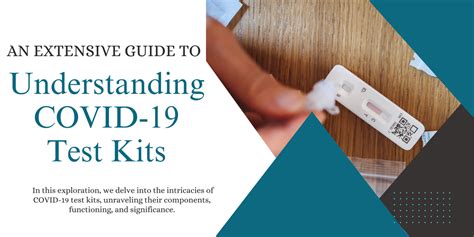
To understand the landscape of free COVID testing, it's essential to know the types of tests available. There are primarily two kinds of COVID-19 tests: viral tests and antibody tests. Viral tests, which include PCR (polymerase chain reaction) tests and antigen tests, tell you if you have a current infection. They are crucial for diagnosing COVID-19 and are often required for travel, work, or to attend events. Antibody tests, on the other hand, check for past infections by detecting antibodies in your blood. While these tests are valuable for research and understanding community spread, they are less relevant for immediate diagnostic purposes.
How COVID-19 Tests Work
The process of getting a COVID-19 test is relatively straightforward. For viral tests, a sample is typically collected from your nose or throat using a swab. This sample is then analyzed in a laboratory to detect the presence of the virus. Rapid antigen tests can provide results in as little as 15 minutes, although they may be less accurate than PCR tests, which can take longer to yield results due to the need for laboratory analysis.Accessing Free COVID Tests
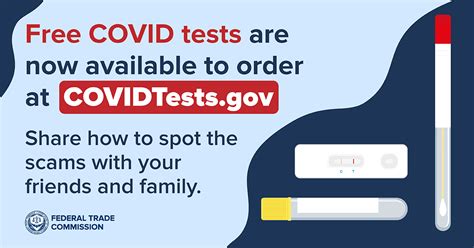
Accessing free COVID tests can vary significantly depending on your location and the policies in place by local health authorities. In many countries, governments have set up free testing sites where individuals can get tested without a prescription or at no cost. Additionally, community health clinics, pharmacies, and some healthcare providers offer free COVID-19 tests, especially for individuals who are uninsured or underinsured.
Eligibility for Free COVID Tests
Eligibility for free COVID tests often depends on several factors, including your insurance status, income level, and whether you are experiencing symptoms of COVID-19. In the United States, for example, the Families First Coronavirus Response Act and the Coronavirus Aid, Relief, and Economic Security (CARES) Act require health insurers to cover COVID-19 tests without cost-sharing. This means that if you have health insurance, you should be able to get tested for free.Benefits of Free COVID Testing
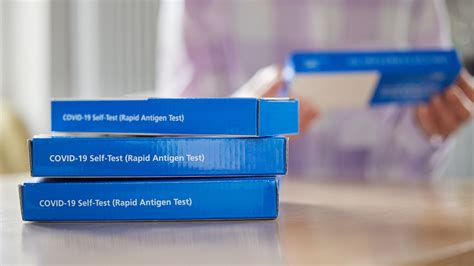
The benefits of free COVID testing are multifaceted:
- Reduced Transmission: By identifying cases early, free testing can help reduce the transmission of COVID-19.
- Economic Benefits: Widespread access to free testing can support the reopening of economies by ensuring that workplaces and public spaces are safe.
- Health Equity: Free COVID tests can help address health disparities by making diagnostic services accessible to all, regardless of income or insurance status.
Challenges in Implementing Free COVID Testing
Despite the benefits, implementing free COVID testing programs poses several challenges, including the cost of tests, laboratory capacity, and the need for widespread distribution networks. Additionally, ensuring that tests are accurate and reliable is crucial, as false negatives or positives can have significant consequences for both individuals and public health efforts.Future of COVID-19 Testing
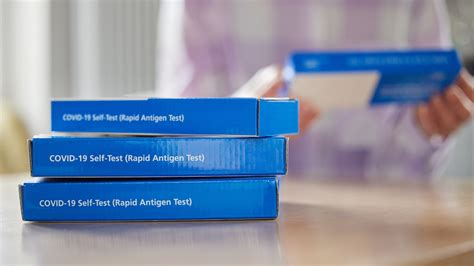
As the world moves forward in the pandemic, the future of COVID-19 testing is likely to involve more rapid, accurate, and accessible tests. Advances in technology, such as at-home tests and mobile testing units, are making it easier for people to get tested without having to visit a healthcare facility. Furthermore, the development of vaccines and treatments for COVID-19 will continue to play a critical role in managing the pandemic, with testing serving as a cornerstone of these efforts.
Role of Technology in COVID-19 Testing
Technology has played a pivotal role in enhancing the accessibility and efficiency of COVID-19 testing. Digital platforms for scheduling tests, at-home testing kits, and mobile apps for reporting results have streamlined the testing process. Moreover, innovations in test manufacturing have increased production capacity, helping to meet the global demand for COVID-19 tests.Global Response to Free COVID Testing
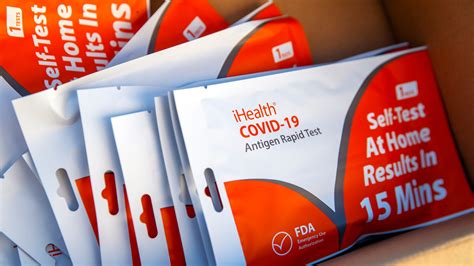
The global response to COVID-19 testing has been varied, reflecting the different capacities and priorities of countries around the world. In some nations, free COVID testing has been widely available from the early stages of the pandemic, while in others, access has been more limited. International organizations, such as the World Health Organization (WHO), have played a crucial role in advocating for equitable access to COVID-19 tests and supporting countries in their testing efforts.
International Cooperation and Free COVID Testing
International cooperation has been essential in the fight against COVID-19, including in the area of free testing. Collaborative efforts have facilitated the sharing of best practices, the distribution of testing supplies, and the development of global standards for testing. This cooperation is vital for ensuring that all countries, regardless of their economic status, can provide their citizens with access to free or low-cost COVID-19 tests.Conclusion and Next Steps
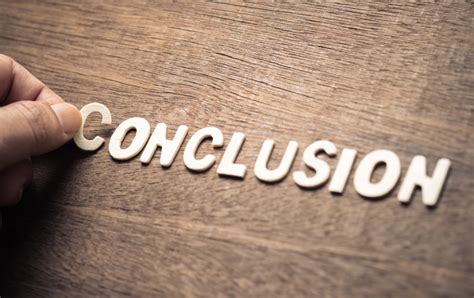
In conclusion, free COVID tests are a critical component of the global response to the pandemic. They not only help in diagnosing and treating COVID-19 but also play a significant role in preventing the spread of the virus. As we look to the future, it's essential that free or low-cost testing remains a priority, supported by technological innovations, international cooperation, and a commitment to health equity.
Call to Action
We invite readers to share their experiences with COVID-19 testing, either by commenting below or sharing this article with others who might find it helpful. Together, we can promote awareness about the importance of free COVID testing and support efforts to make these tests accessible to everyone. Let's work towards a future where COVID-19 tests are not only free but also widely available, contributing to a healthier, safer world for all.What types of COVID-19 tests are available?
+There are primarily two kinds of COVID-19 tests: viral tests, which include PCR and antigen tests, and antibody tests, which detect past infections.
How can I access free COVID tests?
+Free COVID tests can be accessed through government-run testing sites, community health clinics, pharmacies, and some healthcare providers, depending on your location and eligibility.
What are the benefits of free COVID testing?
+The benefits include reduced transmission of COVID-19, economic benefits from safer workplaces and public spaces, and the promotion of health equity by making diagnostic services accessible to all.
